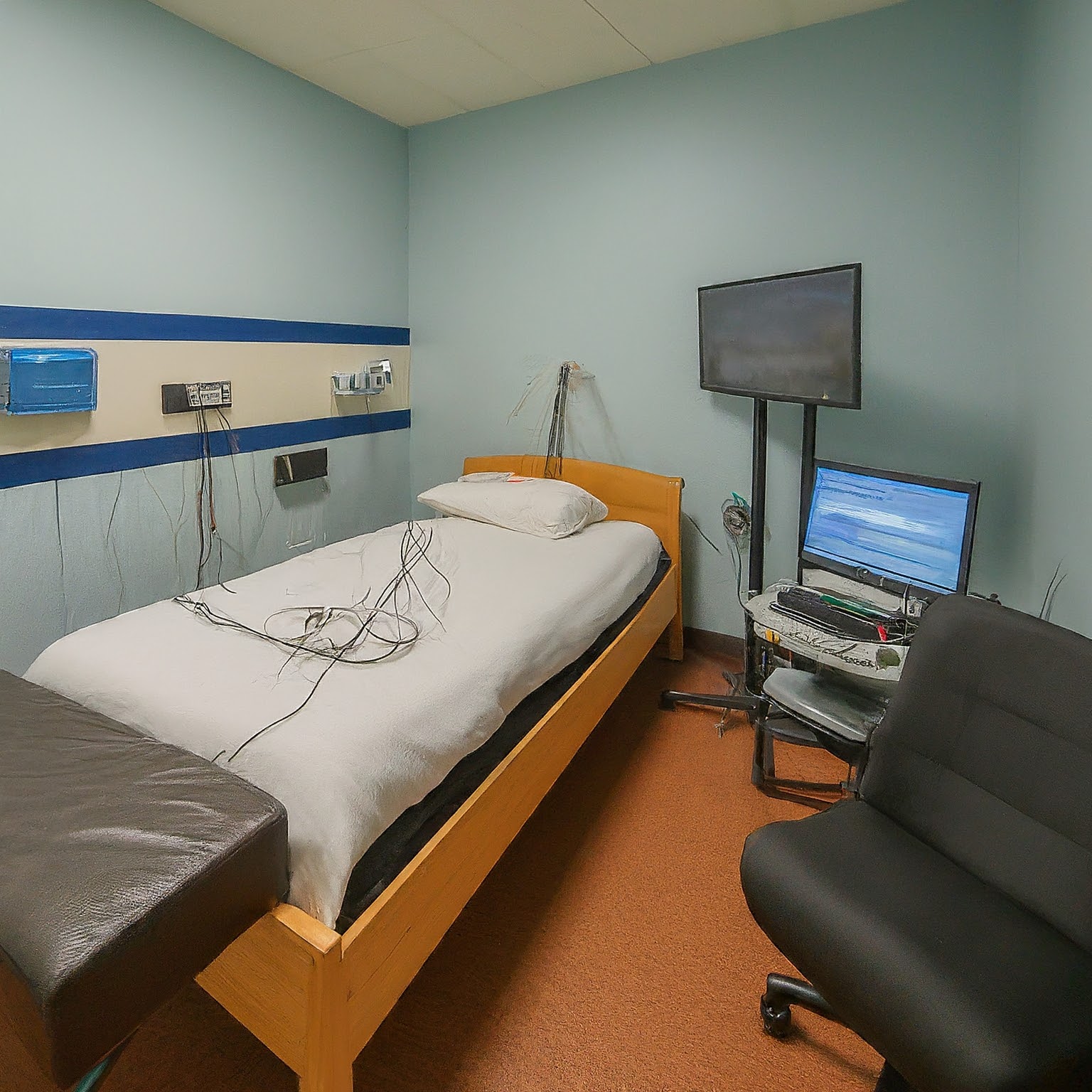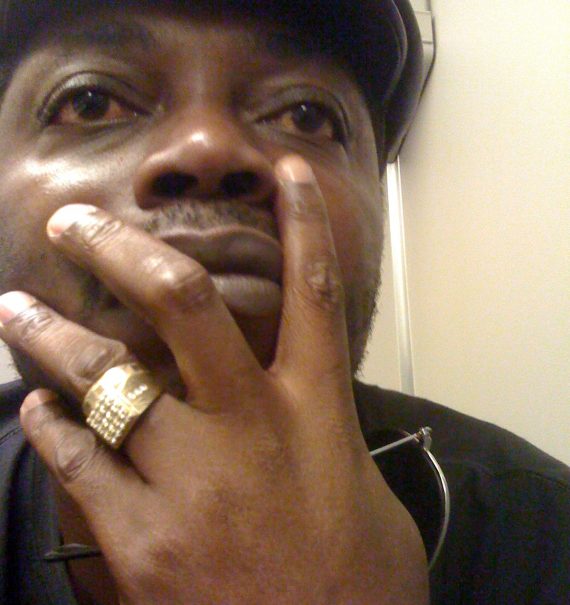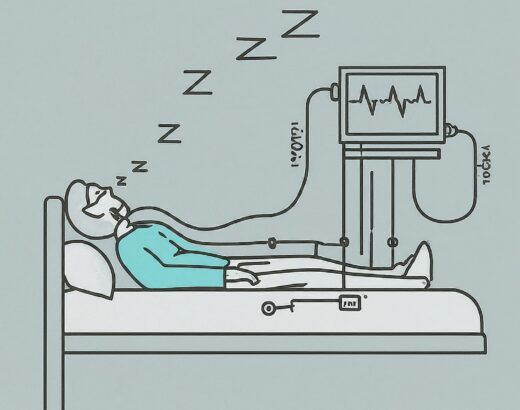The Silent Danger: Sleep Apnea and the Road
We lost a soul
The scene is a mess of twisted metal, a horrifying testament to a moment’s lapse. What we know for sure is that the driver succumbed to sleep at the wheel. While fatigue or intoxication are common suspects in such cases, a different culprit lurks in the shadows – one far more widespread yet often overlooked.
The bell tolled for our man but who will the bell toll for next?
Sleep apnea
Sleep apnea, a condition characterized by interrupted breathing during sleep, may be the silent driver behind this tragedy. Many may be unfamiliar with it, surprised to learn its potential impact. But the statistics are worrying, millions of adults worldwide are affected by sleep apnea, a condition that disrupts your sleep and leaves you exhausted. In the US, it’s estimated that 1 in 15 adults have moderate to severe sleep apnea, and the risk increases significantly between the ages of 30 and 70. Though the data for Nigeria is less clear, reports suggest between 17% to 40% of hospitalized Nigerian adults are at high risk.
But statistics only paint part of the picture. The true impact of sleep apnea lies in the stories of those it affects. Take Mr. K, who tragically lost his life after falling asleep at the wheel. Or my own experience as a passenger on a bus that drifted onto the rough median of the Lekki-Epe Expressway. Drowsy passengers were jolted awake to find out our driver had dozed off at the wheel. Thankfully, the wide median on that stretch of road saved us from what would have been gruesome deaths assuming the bus crossed over and got hit by an oncoming vehicle.
As we age, various health challenges emerge, shaping our individual paths. Some face glaucoma, others arthritis, diabetes, or high blood pressure. For many, a silent threat waits in the shadows – sleep apnea.

This deceptive enemy can lurk undetected for years, mimicking regular sleep while stealing your quality rest. You wake up unrefreshed, battling constant fatigue that disrupts your work and daily life.
But here’s the good news: there are warning signs. Excessive daytime sleepiness, the constant urge to nap, or even nodding off during meetings or while watching TV could be red flags. Don’t ignore them – your health, and potentially the lives of others on the road, depend on it. Fortunately, a simple sleep test can reveal the culprit behind your exhaustion. Now, this test might not be a luxurious spa night. It may involve spending a night at a sleep center with your sleep monitored, or using a home monitoring device you wear overnight.
Sleep Test
The sleep test results are in, and they offer a roadmap to reclaiming restful nights. By analyzing factors like oxygen levels and breathing patterns, the test can identify sleep apnea and empower you to work with your doctor on a personalized treatment plan.
Several options exist, depending on the severity of your apnea. Lifestyle changes can significantly improve sleep quality for some. In other cases, a CPAP machine might be recommended CPAP machines are often highly effective. While the initial experience might require adjustment, many people find significant relief. Renting a CPAP machine can be a helpful step to assess different models and ensure it’s a good fit for you.
Yes, CPAP therapy involves wearing a mask during sleep. However, the benefits far outweigh any initial awkwardness. Consistent use can lead to dramatically improved sleep quality and renewed energy throughout the day. Surgery is an option for some, but it should be a last resort. It has a funny name – Uvulopalatopharyngoplasty (UPPP) surgery. It doesn’t work for everyone and even for those it works for, the quality of sleep eventually deteriorates over the long run.
Sharing Your Journey
Men are often less likely to discuss health concerns. This is why it’s important to raise awareness about sleep apnea and its solutions. You’re not alone in this – many people battle sleep apnea and other health challenges. Open communication with family and friends can foster understanding and build a strong support system. Remember, taking charge of your health is a sign of strength, and seeking help is the first step towards a healthier, happier you.












